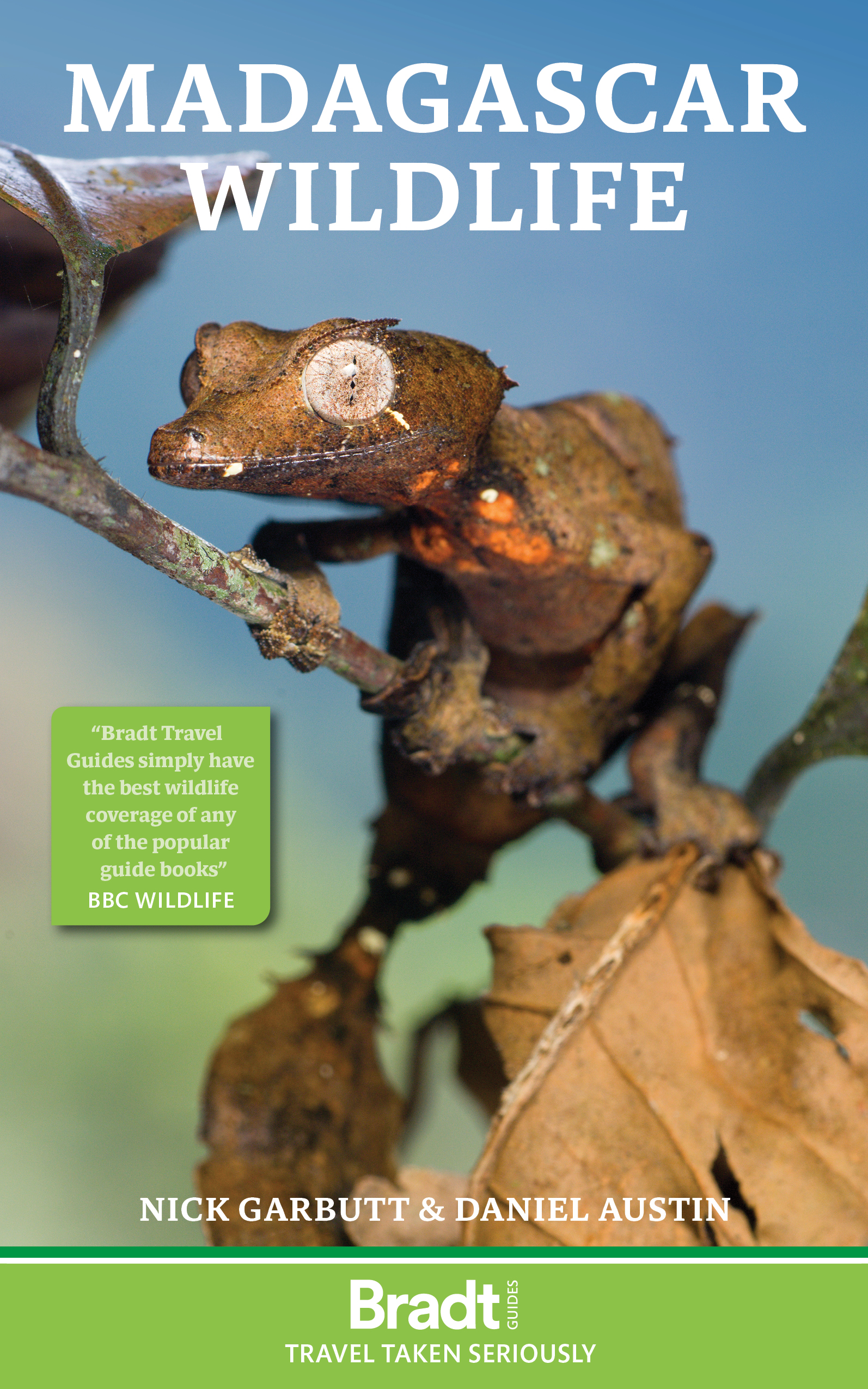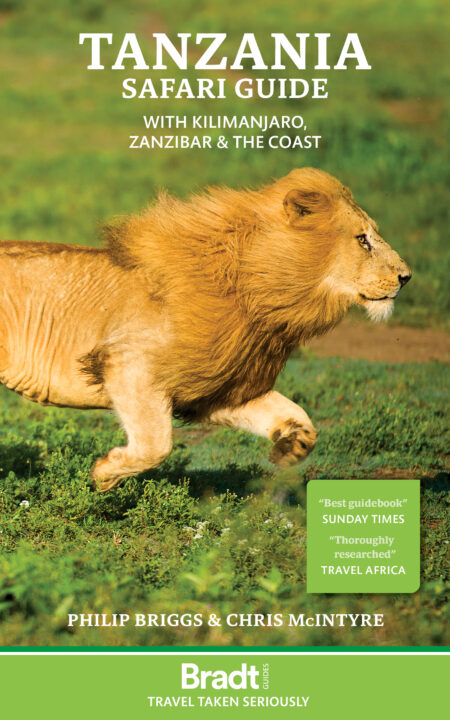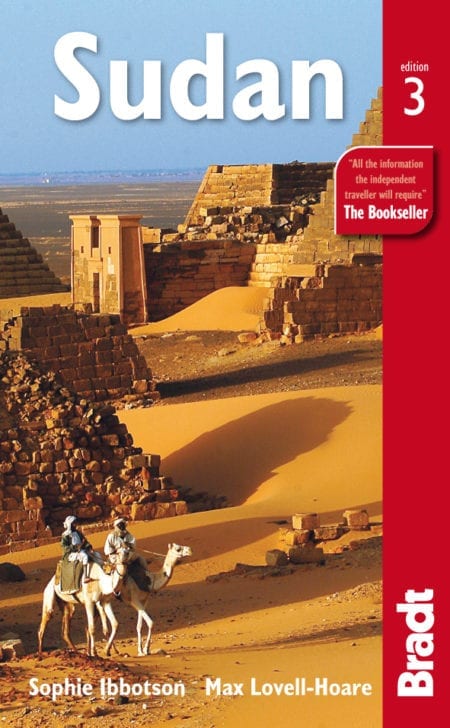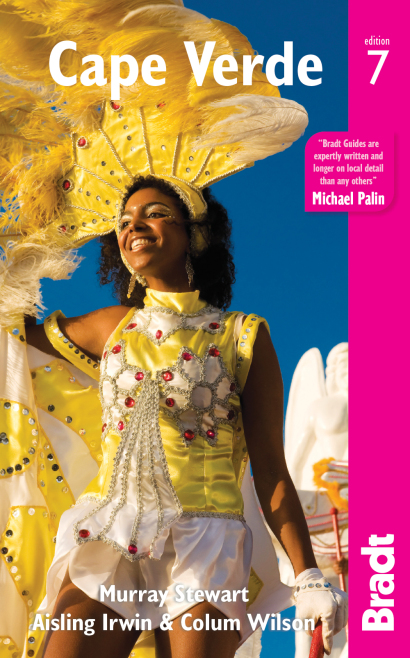Madagascar Wildlife
by Nick Garbutt and Daniel Austin
Madagascar wildlife and travel guide. Introduction to the island’s unique wildlife covering mammals, birds, chameleons, snakes, frogs and invertebrates, plus chapters on camouflage and nocturnal nature. Features wildlife hotspots in rainforests, dry forests and wetlands, including Masoala, Ranomafana, Ankarana, Isalo, Ifaty and the Betsiboka Delta.
Size: 135 X 216 mm
Edition: 5
Number of pages: 200
About this book
This new, fifth edition of Bradt’s Madagascar Wildlife, first published over 25 years ago, celebrates the unique fauna of this remarkable Indian Ocean island. Written by naturalist tour-leaders and Madagascar experts, and aimed at visitors and natural-history enthusiasts alike, this guide has been thoroughly updated to reflect both the latest discoveries – on an island where new species for science are continuously discovered – and the latest developments at the country’s top wildlife-tourism locations.
Wildlife is the key draw for English-speaking visitors to Madagascar. Enjoying nature couldn’t be more different to continental Africa. Rather than going out on safari to see the Big Five from the safety of a jeep, in Madagascar you approach wildlife on rainforest strolls, without fear of encountering dangerous snakes or angry elephants.
From its endearing lemurs and comical chameleons to the endemic birds and bizarre insects, this is the only guide to showcase the whole range of Madagascar’s captivating wildlife. It features lively descriptions of animals and their behaviour – perfect for the interested layman – complemented by 280 sumptuous colour photographs. A ‘Habitats and Hotspots’ chapter details the island’s various ecosystems and presents concise information on where best to see fascinating species, helping readers choose which parks and reserves to visit – from Masoala and Ranomafana to Ifaty and Berenty.
An incredible 90% of Madagascar’s plants and animals are unique to the world’s oldest island. Accordingly, this guide also tells the story of how Madagascar came to be so different from the rest of the world, and why evolution took a different tangent to create such an extraordinary and unparalleled array of creatures. Read about Madagascar’s remarkable chameleon diversity: half the world’s species occur here, including the smallest and largest. And prepare to be astonished by an orchid with a ridiculously long nectary tube that prompted Charles Darwin to correctly predict that there would be a moth that had evolved an equally absurd 30-cm-long tongue to reach it.
As a practical guide to help you plan your dream wildlife trip to this special destination, Bradt’s Madagascar Wildlife is readable, user-friendly and inspiring; as a souvenir, it’s unbeatable.
About the Author
Nick Garbutt (nickgarbutt.com) is a well-known authority on Madagascar’s wildlife. He first visited the island in 1991, backpacking for a month and visiting four parks. He has returned most years since and in doing so has travelled the length and breadth of the island, repeatedly visiting all the major national parks and reserves, and many remote regions. He has seen the majority of the island’s lemurs and other mammals in the wild, as well as a very high proportion of the other endemic fauna – a claim few can make. A tour-leader, lecturer and award-winning photographer, Garbutt has written three books about Madagascar mammals and reptiles, as well as Bradt’s 100 Animals to See Before They Die. He is also a regular contributor of articles and images to publications including National Geographic and BBC Wildlife.
Daniel Austin (danielaustin.co.uk) is a naturalist, photographer and researcher of all things Malagasy. His fascination with this extraordinary island has spanned his entire adult life and extends far beyond its flora and fauna to its geography, its history, its people and their culture. He is lead author of Bradt’s award-winning Madagascar travel guidebook in addition to this wildlife guide, and regularly leads small-group tours of the country. Daniel also gives occasional lectures on Madagascar (including to the Royal Geographical Society and Oxford University), is secretary of the Anglo-Malagasy Society (which holds regular events to raise the island’s profile) and curates the Madagascar Library, an archive of over 7,000 books, maps and documents on all aspects of the country.
Additional Information
Table of ContentsContents
Introduction
Technical terms, Classification
Habitats and Wildlife Hotspots
Rainforest
Montagne d’Ambre, Marojejy, Masoala, Nosy Mangabe, Anjozorobe, Andasibe-Mantadia, Ranomafana
Deciduous Forests/Seasonally Dry Forests
Ankarana, Daraina area, Anjajavy, Sahamalaza-Îles Radama, Ankarafantsika, Tsingy de Bemaraha, Kirindy, Zombitse
The Southern Region
Andringitra, Isalo, Anja, Ifaty area, Tsimanampetsotse, Andohahela, Mandrare Valley: Berenty and Ifotaka
Threatened Wetlands
Betsiboka Delta, Lac Kinkony and the Mahavavy Delta
Mammals
Lemurs, Malagasy carnivores, Tenrecs, Rodents, Bats, Whales and whale-watching
Birds
Primitive parrots, The birds and the beaks (vangas), Rallying rarities, Rhapsody in blue
Reptiles and Frogs
Chameleon, Geckos, Other lizard, Snakes, Tortoises and turtles, Frogs
Invertebrate
In hiding, Out of hiding, Millipedes, Spiders, Other land invertebrate, Conservation issues
Madagascar at Night
From dusk to dawn
Camouflage
Safety matches
Further Information
Index




